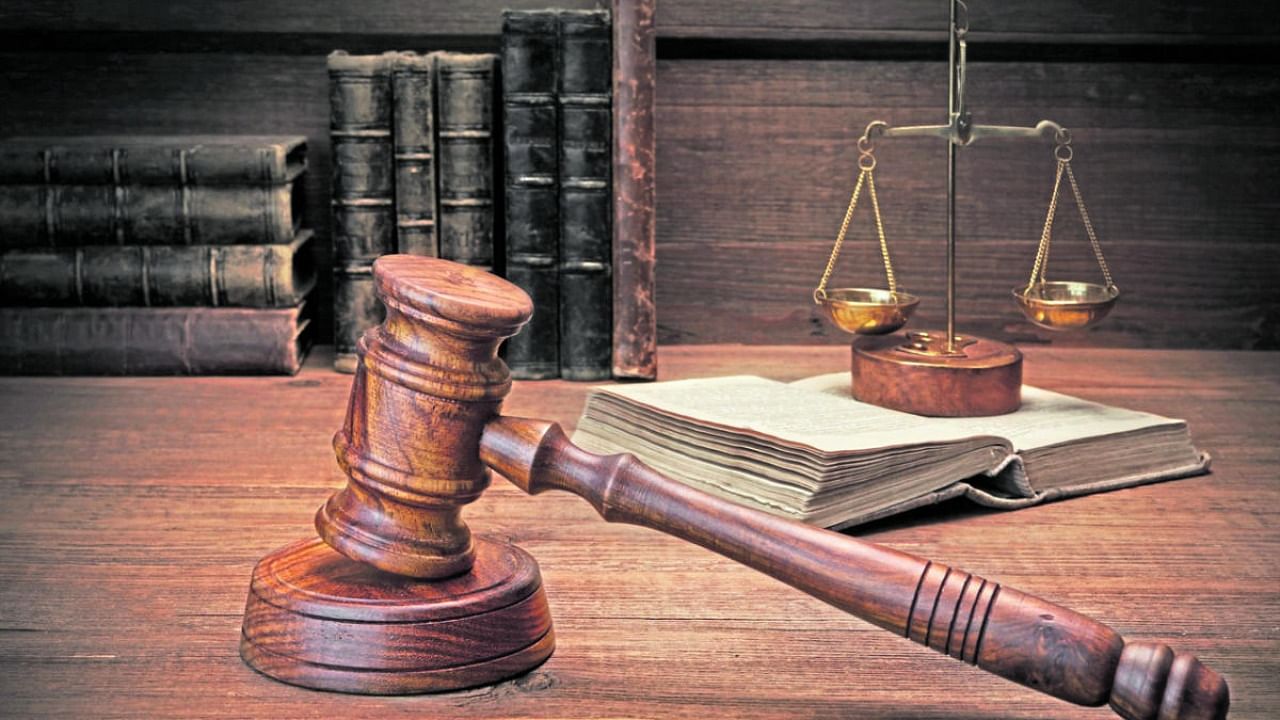
As a country, we are yet to realise that freedom is not a gift from above nor a privilege to be secured the hard way by individuals, but a natural of state of existence for everyone. Too often, it is treated as a legal right to be fought for and won in courts, and it is not recognised that it is the default state of human condition. This misconception about freedom has shaped dominant attitudes about it in society, but more importantly, the policies and actions of the state that works through the government. It diminishes freedom when the government thinks that individuals are always subordinate to the community, that individual autonomy should be tethered to collective interests and that duties are more important than rights. It is specially problematic when the government defines the community and decides what the community’s interests are.
Though this misunderstanding about the nature of freedom is common and influences individual conduct and social action in many ways, it becomes most hurtful when it manifests in police actions and judicial responses to it. Nowhere is it more explicit than in the bail petitions made to the courts. The latest case is that of actor Shah Rukh Khan’s son Aryan Khan, who was arrested by the Narcotics Control Bureau (NCB) in a raid in a luxury liner. It took about a month for him to gain freedom though the case against him was extremely weak. Two lower courts refused to grant him bail, and the bail hearing in the high court extended over three days. The court granted bail on Wednesday and released the operative part of its order on Thursday, and all formalities were completed on Friday. Still, he was released only on Saturday.
This long fight for bail and the judicial, procedural and other delays that happen in such cases should be seen against a dictum pronounced by the highest court in another bail case last year. In the Arnab Goswami case, Justice D Y Chandrachud said that “deprivation of liberty even for a single day is one day too many’’. It is not realised that this judicial dictum is about every day of Aryan Khan’s nearly four weeks in jail, including the last day. The dictum is also about the days of thousands of others who are in jail and cannot fight for freedom as Aryan Khan did. Is freedom a luxury to be fought for and won only with the help the country’s best lawyers? The law and the system based on it should aid and support the weakest man against the strongest state. But we are at a pass where even the strongest have to fight, without always the hope for success, to exercise their natural rights.